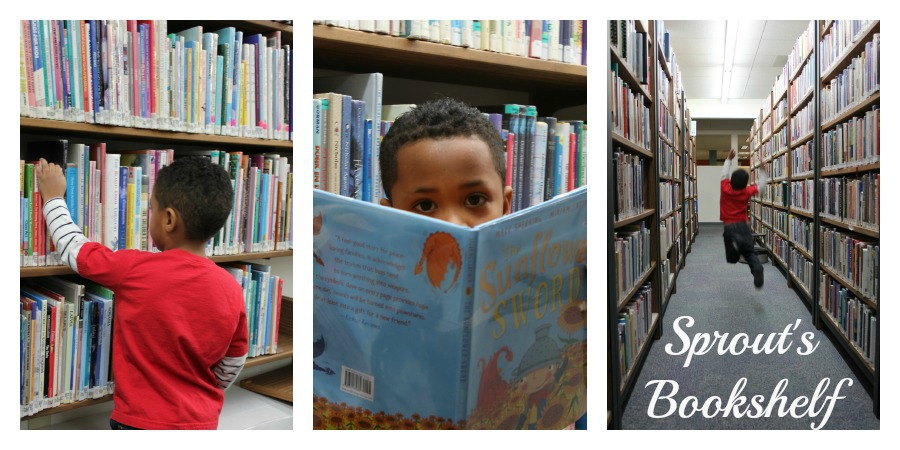You know when you read a novel, and almost from the first chapter you know it's going to be one of those that stays with you, the kind you recommend to everyone and end up rereading just for the pleasure of it?
Yep, I love that too.
Confession time: I have not read Gary Schmidt's Newbery Honor book
The Wednesday Wars, despite the high acclaim it has received AND despite the fact that I actually own a copy, somewhere. And so I'm not sure why exactly I moved Schmidt's new novel,
Okay for Now, up to the top of my TBR list, so much so that I brought it along on vacation. But many thanks to the mysterious forces at work that led me to do so, because wow, is this an incredible book.
For Doug Swieteck, moving to a new town just makes his crummy life that much harder. There's his brother Christopher, he of the "twisted criminal mind" who torments Doug at every opportunity. There's school, where Doug will do almost anything to hide his difficulty reading. And there's his father, whose abusive nature gets worse now that he has a regular drinking buddy. It all adds up to be just about more than Doug can bear.
![]()
But then beauty enters Doug's life, in the form of an original John James Audubon book at the Marysville Public Library. Doug is captivated by the prints and Audubon's technique, and compelled to learn all of what it takes to capture the images as vividly as Audubon does. And wouldn't you know it, those birds begin to crack the hard shell Doug has formed around himself, and before long there are new friends (a girl!), books to read, relationships with adults, and all kinds of good things taking the place of beatings and desperateness.
It's not all rosy and it's not all easy. There are still "wrong days", the kind of day when Doug just doesn't try to approach his father for anything. And there are still things that Doug makes a mess of, and that make a mess of him. But the difference is that there's hope there now, where it wasn't before, and maybe things will start to turn around, just a little, because suddenly Doug knows he has a lot of people on his side.
Okay for Now pulls together pieces -- Audubon prints, domestic abuse, Joe Pepitone's jacket, a Broadway play, learning disabilities -- that in any other author's hands would be little more than a disconnected jumble. But Schmidt knows what he's doing here, and he makes it all flow together like only the best storytellers can. It works, in that indefinable magic way that really fine novels do, so the reader is never aware of the machinations behind the scenes.
Gary Schmidt is more than just a great writer, he's a great writer for kids. There is a huge difference after all, because adults will give even the most unintelligible mess of a novel a chance on the basis of critical acclaim or a friend's recommendation. But kids -- kids are different. Grab them right away, make them care and then keep on making them care, or they are on to something else. Schmidt knows how to make kids see beyond the surface. We know from the start that there's a lot Doug isn't telling us, a great deal of pain he is hiding behind his tough exterior. And I think that is something many boys will relate to, the societal pressure to hide their real feelings under a veneer of "I don't care" bravado.
I'll be extremely surprised if Okay for Now doesn't make the Newbery list this year. It's certainly going to be on my personal short list. What I do know is this is one I will save for Sprout when he's old enough, anticipating his objections with a note that says "I know. Just read it."
Okay for Now by Gary Schmidt, Clarion Books
Ages 10 up
Sample quote: "This bird was falling and there wasn't a single thing in the world that cared at all. It was the most terrifying picture I had ever seen. The most beautiful."
Highly recommended
